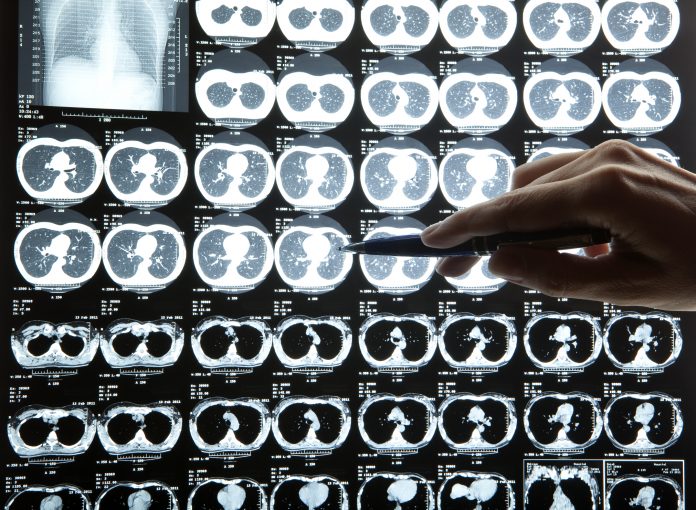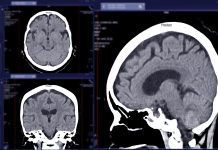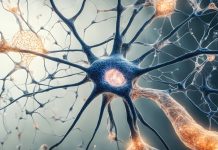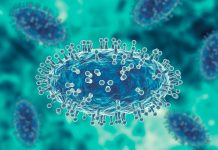One of JPND’s key objectives is to fortify its work in brain health partnerships in Europe to better combat the challenges of neurodegenerative disease (ND)
Neurodegenerative disease (ND) in Europe is synonymous to the next health challenge with huge and mounting social and economic costs. As a joint-programme ND research initiative, JPND has been set up to tackle this challenge by strengthening brain health partnerships in Europe. OAG talks to JPND’s Chair, Philippe Amouyel (PA), to find out how.

Please share with us the landscape of brain health in Europe
PA: In Europe alone, there are 380 million patients suffering from brain diseases. An average of 800 billion euros is spent in Europe annually to treat these diseases and the last COVID19 pandemic has added to that burden in terms of brain diseases. The economic and social burden in facing them will only continue to grow; therefore, it is crucial that there is alignment in ND research and partnerships towards brain health that will help address and alleviate the increasing societal and economic burdens of brain disorders.
How can Europe address the challenges of brain health?
PA: Europe can address the challenges of brain health by capitalising on existing international initiatives, facilitating access to infrastructure and resources, structuring brain research area, reinforcing patient and public involvement and accelerating research transfer and innovation.
Please describe some of the current collaborative brain health initiatives in Europe
PA: Amongst European brain health collaboratives, there is a need to strengthen collaborations between each one and to work towards establishing a common brain health agenda. In the last ten years, both the European Commission (EC) and its Member States (MS) have established and led initiatives in Europe to face these challenges collectively. To date, there is JPND, the Joint Programming initiative on ND research, the largest global collaboration in this field/domain; NEURON – an EC ERANET partnership that supports basic,
clinical and translational research in the fields of brain diseases and the Human Brain Project – an EC’s Future and Emerging Technologies Flagship funded by the seventh framework programme that aims to put in place a unique Information and Communications Technology-based infrastructure for brain research. In 2019, together with the European Brain Council, the three initiatives began discussions in the context of an EU-funded European Brain Research Area (EBRA) EC Coordination and Support Action, to discover operational synergies, identify strengths and gaps and foster alignment across European and global brain initiatives.
European Brain Research Area
In February 2022, EBRA released its long-awaited European Research Inventory and Mapping Report, providing insight into the brain research activities that are funded at the European level within the EU framework programmes FP7 and Horizon 2020 (the Framework Programme for Research and Innovation (2014-2020) under the ERA-Net Cofund programme), as well as the funding initiatives of JPND, ERA-NET NEURON and the Human Brain Project. The mapping report gives an overview of the current state of brain research in Europe and the areas of brain research (if any) that are being focussed in Europe. The report shows that, in spite of increased support in brain research, funding is still lacking in all areas of brain research in the EU. For instance, more focus is needed on public and patient engagement and on enabling data sharing.
From 2007 to 2019, the EC and leading European brain research initiatives allocated €6 billion to about 4,000 brain research projects, an average of €500 million per year. From 2008 to 2012, an average of 400 million was invested per year, increasing between 2014 to 2018 to 550 million, marking a steady growth. “The EBRA inventory and mapping report demonstrates that annual fundings can reach significant levels to support highly competitive research projects especially through sustainable, transnational initiatives as JPND.” – Philippe Amouyel
However, continued funding of research consortia across countries is key for a lasting impact on collaboration and innovation in the European and global brain research area. “It is now time to accelerate this momentum through an ambitious partnership on brain health in Horizon Europe under a coordinated approach.” – Philippe Amouyel
JPND and Patient and Public Involvement
Another crucial component in JPND’s move towards stronger brain health partnerships is to foster greater public and patient involvement (PPI) in brain health research. JPND has been calling for heightened awareness in the need to incorporate PPI in ND and brain health research. There is an overt call for the strategic implementation of PPI in JPND’s annual calls, the encouragement of active PPI participation in all of JPND-supported projects, the training of public, patients and patient advocates, the running of workshops emphasising PPI, the acculturation of scientists and physicians to PPI and a dedicated PPI page on JPND’s website to increase awareness of the important role PPI plays in brain health research.
JPND’s goal toward a stronger brain health partnership
PA: Creating a critical mass of researchers and increased funding are two of the conditions of success in our work against brain diseases. As one of EBRA’s partners, we are committed to a future partnership on brain health in the 2nd strategic programme of Horizon Europe 2025. Only by working together collectively: bringing together all brain research initiatives under one umbrella; coordinating brain research activities under a common brain research agenda, will we be able to make progress in the face of tackling the challenges posed by ND and brain diseases.
“The EBRA project has received funding from the European Union’s Horizon 2020 research and innovation programme under grant agreement No 825348”
Please note: This is a commercial profile
© 2019. This work is licensed under CC-BY-NC-ND.








